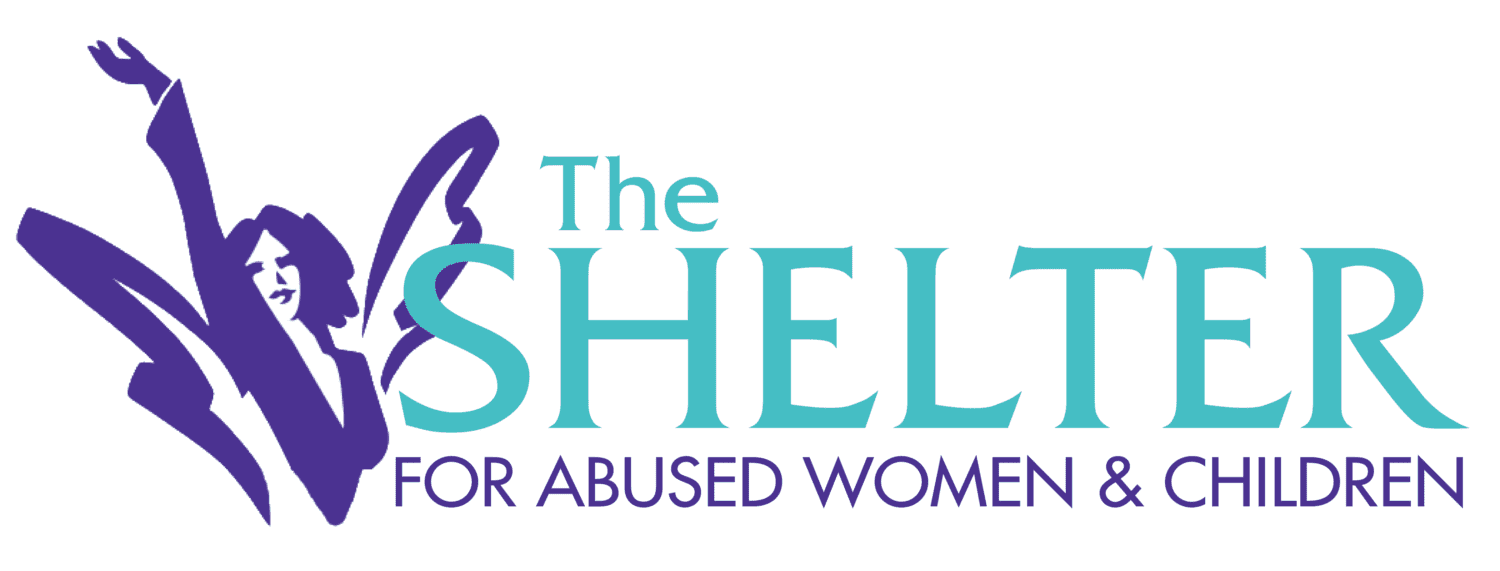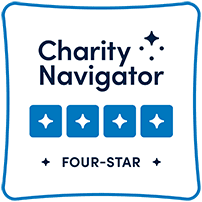SWFL Parent & Child Magazine – Ask an Expert: Is She in Danger?
BY LINDA OBERHAUS
SWFL Parent & child
AUGUST 1, 2020
CLICK for print copy
Q: What do I do if I see a mom who might be in an abusive relationship?
A: It is common to see an angry confrontation or act of physical violence and question if you should take action, especially if the person is not a close friend or family member. Too often, we might tell ourselves that it’s not our business, but this approach can lead to disastrous results.
On September 17, 2009, Naples resident Guerline Damas and her five children were murdered in their home by her abusive husband. Members of the community later shared they were concerned for Guerline’s safety but failed to report their suspicions to authorities.
The best course of action if you see something is to say something, specifically by calling 911. Even if you don’t know definitively whether it’s a domestic violence situation, it is always better to err on the side of caution.
It is extremely important that you do not intervene personally as this could escalate matters and result in injuries to yourself as well as the victim. Just make the call and let law enforcement do their job. If the victim is in public, such as her driveway, she may actually be safer than behind closed doors with the abuser, so the sooner a concerned citizen makes the call to 911, the better.
Because it crosses all ethnic, economic and geographic boundaries, it is important to recognize the signs of domestic violence in your family, friends and coworkers. Domestic violence includes behaviors that physically harm, arouse fear, prevent a partner from doing what they wish or force them to behave in ways they do not want. It includes the use of physical and sexual violence, threats and intimidation, emotional abuse and financial deprivation. Many of these different forms of domestic violence/abuse can be occurring at any one time within the same intimate relationship.
Many victims do not consider themselves abused because they have not been physically beaten and most will not offer up the fact that they are being abused. They may use alcohol and prescribed medications or experience depression. A recurrent history of being “accident-prone” is also a clue, as is an overly attentive partner who attempts to answer questions for the victim, or one who bullies and criticizes her publicly.
If you suspect your friend or coworker might be a victim of abuse, here are some things you can do.
- Don’t blame the victim — there are numerous reasons why she may stay.
- Suggest she discuss a safety plan with The Shelter’s trained advocates: 239-775-1101.
- Tell her you are afraid for her, her children and/or pets; teach children to dial 911.
- Let her keep extra keys and an “escape bag” at your house or office.
- Be there when she needs you. Empower her to make decisions for herself and respect those choices.
- Help with child care, transportation, a place to stay, job, lending money, but do not risk your own safety.
- Give her this web address: naplesshelter.org.
Remember that domestic violence is not somebody else’s problem, it’s everyone’s problem. Last year in Collier County, there were 1,611 calls to 911 regarding domestic violence. Hundreds more went unreported. Chances are very likely you know at least one of these victims. If you see something, say something and help put an end to domestic violence and human trafficking in Collier County.
Linda Oberhaus has served as the CEO of The Shelter for Abused Women & Children in Naples since 2007. She has received numerous awards for her work, and she’s mom to Christopher, a military veteran and graduate of the National Aviation Academy, and Brooke, a graduate of the University of North Florida.





